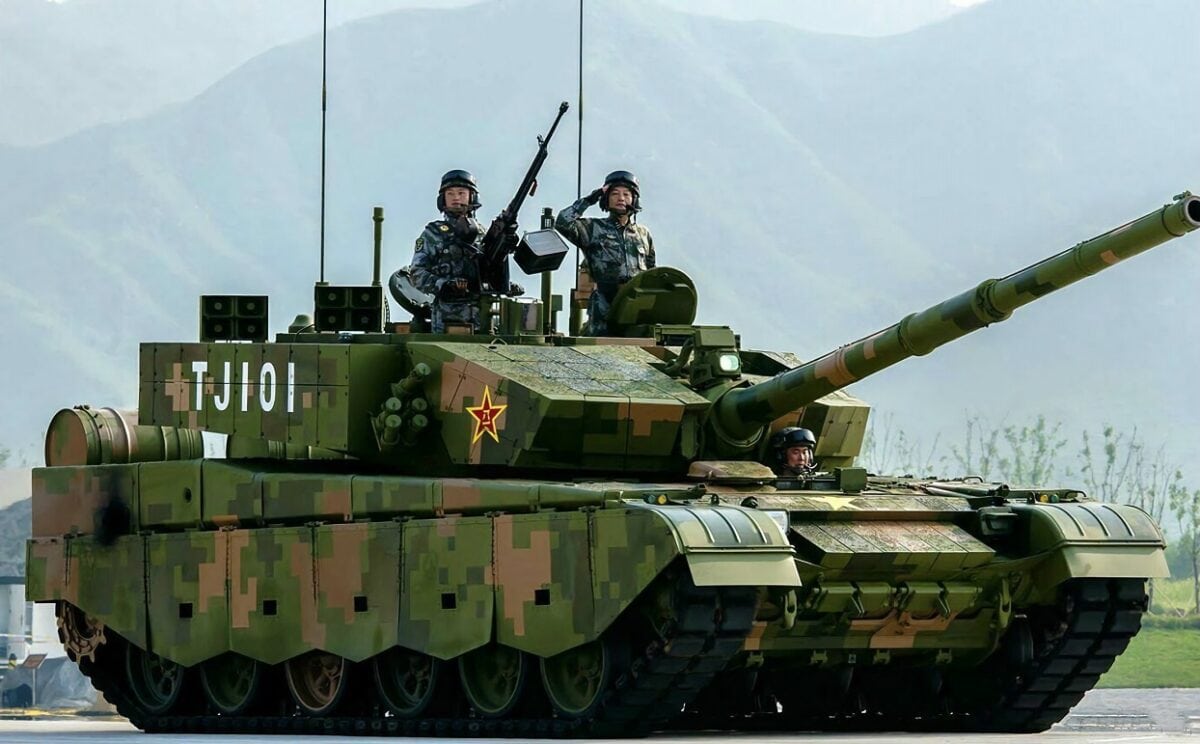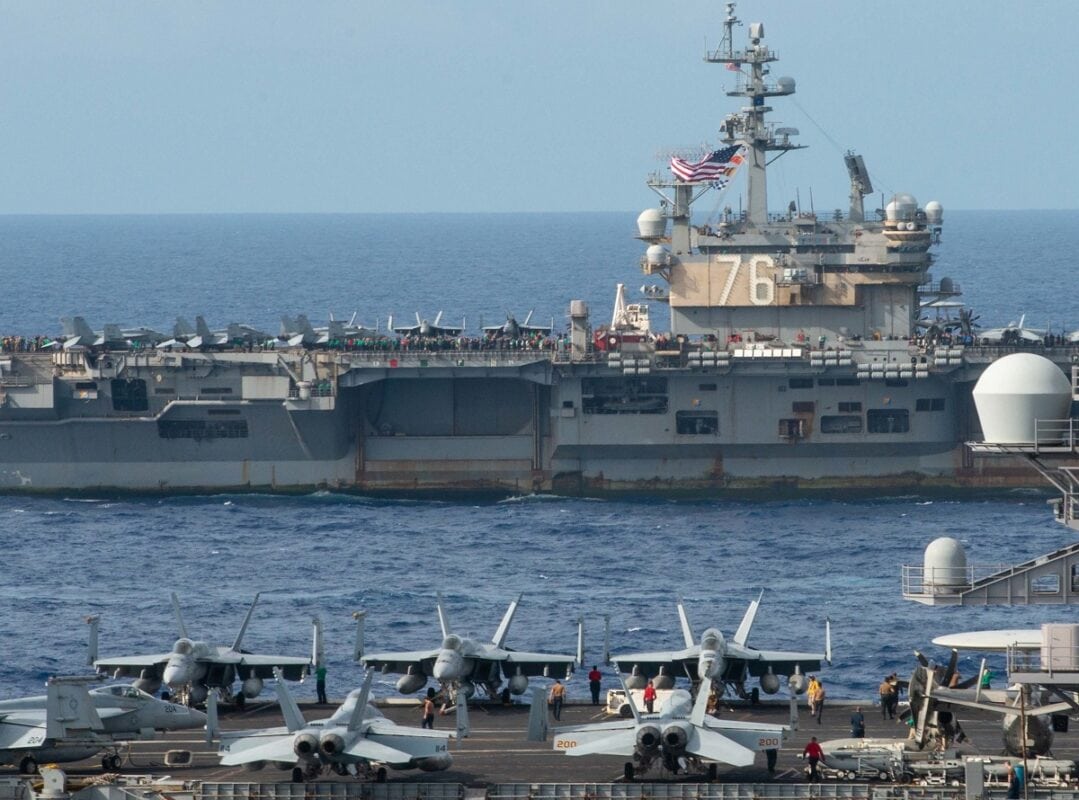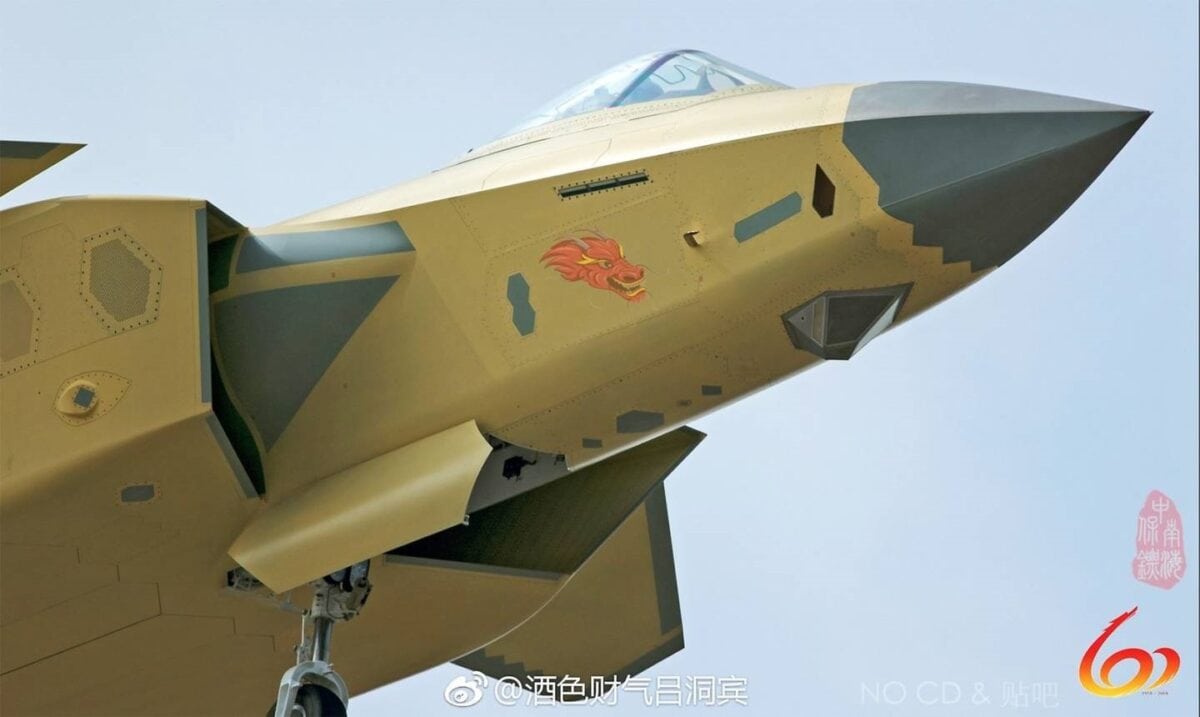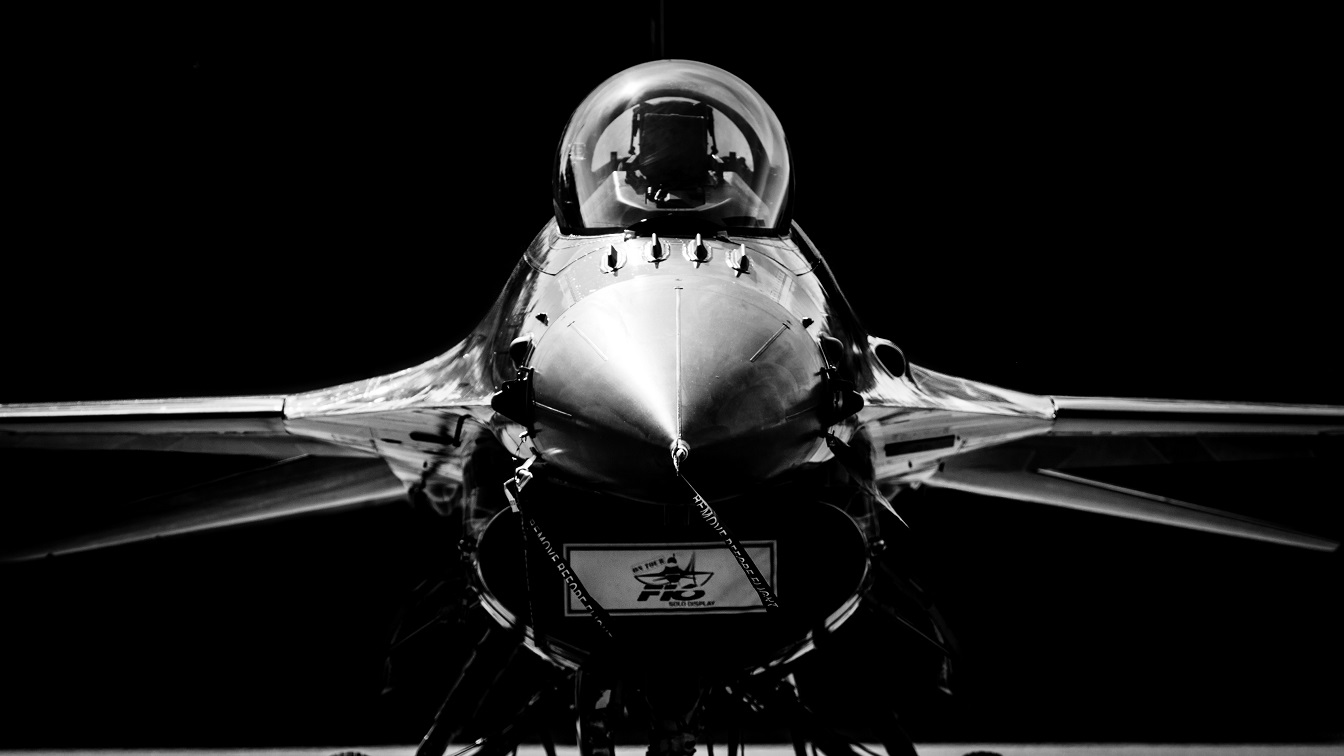Taiwan Should Not Look to Ukraine for a Warplan that Offers Salvation: In the aftermath of Tsai Ing-wen and Kevin McCarthy’s contentious meeting in California on Wednesday, the Chinese aircraft carrier Shandong and the American carrier USS Nimitz both patrolled off the Taiwanese coast, barely 400 nautical miles apart; a stone’s throw away, in naval terms.
(Subscribe to 19FortyFive‘s New YouTube Channel here.)
While war is not inevitable, the chances for conflict between Beijing and Taipei continue to rise, and along with it, the possibility that the United States – through miscalculation, mistake, or mishap – could get sucked into open conflict with nuclear-armed China. The consequences of even a conventional clash with China could leave the U.S. Pacific Air Force and Navy crippled, almost no matter which side “wins.”
In the Event of an Attack
It is often taken as a matter of faith that in the event of a Chinese attack, the Taiwanese would be able to hold out long enough for the U.S. to mount an intervention. A careful analysis of the combat fundamentals at play, however, reveals that it is not at all certain Taipei could weather an all-out storm by the People’s Liberation Army (PLA).
Many advisors in the West point to the war between Russia and Ukraine, and argue it has left the PLA “unsettled” about launching a military operation to capture Taiwan. It is at least likely China has scrutinized that war and learned lessons from Russia’s war in Ukraine that will improve the PLA’s chances. A careful examination of the conditions existing between Beijing and Taipei reveals that in some key categories, a Chinese attempt to forcibly take Taiwan is less challenging than Russia’s attempt to conquer Ukraine.
To be clear at the outset, there is nothing close to a guarantee China would be successful in capturing Taiwan – as there are enormous difficulties they would have to overcome – even if it did unleash a full-scale war. Many things could go wrong for Beijing and things could play into Taipei’s hands.
Yet it is equally clear that key military fundamentals at play strongly advantage Chinese leader Xi Jinping’s forces and work against Taiwanese President Tsai Ing-wen.
Ukraine is Not an Example for China-Taiwan
In the Russia-Ukraine War, the Ukrainian Armed Forces (UAF) have fought fiercely and exceeded expectations. Prior to the outbreak of all-out war, the UAF had fought essentially a civil war from the breakaway eastern portion of Ukraine for eight long years.

Chinese PLA Tank. Image: Creative Commons.
Ukrainians, especially those in the western parts of the country, have had strong anti-Russian views for many years. When Putin’s forces invaded in February 2022, they encountered a battle-tested Ukrainian army and a population strongly opposed to Russia. In contrast, if China invades Taiwan, neither of those dynamics will be at play.
Taiwan Readiness
Officially, Taiwan has an active force of 180,000 and a reserve contingent of over two million. Yet not only have none of these troops engaged in active fighting for many years, their training is infrequent and of poor quality. Some of Taiwan’s frontline active units are manned at a stunningly low 60 percent. Conscripts are only required to serve four-month terms, during which troops receive little more than basic familiarization with how to fire a weapon, but almost no training on how to fight.
Taiwan Will Not Want Chinese Rule
Meanwhile, the Taiwanese people do not hate Chinese people. Owing to the experiences of Hong Kong, a strong majority of Taiwanese citizens do not want unification with China, but their opposition is to the form of government and not to the people of China. Overwhelmingly they want to avoid war with China.
If war does come, therefore, unlike in Ukraine where Russian troops met an army with combat experience that despised Russia, a Chinese invasion would face an inexperienced and inadequately-trained force that is comparatively passive. That morale difference cannot be underestimated.
As importantly, whereas in the Russia-Ukraine war, Ukraine has a large land border with Europe through which large-scale weapons and ammunition can easily flow. Taiwan would be isolated almost immediately upon the initiation of war. China would likely establish a naval blockade at the outset of hostilities. Any provision of military supplies would have to be airlifted in or sailed in ships. Either could be attacked with impunity by Beijing, which sits barely 100 miles off Taiwan’s shores.

PHILIPPINE SEA (Oct. 3, 2021) The U.S. Navy Nimitz-class aircraft carriers USS Carl Vinson (CVN 70) and USS Ronald Reagan (CVN 76) transit the Philippine Sea during a photo exercise with multiple carrier strike groups, Oct. 3, 2021. The integrated at-sea operations brought together more than 15,000 Sailors across six nations, and demonstrates the U.S. Navy’s ability to work closely with its unmatched network of alliances and partnerships in support of a free and open Indo-Pacific. (U.S. Navy photo by Mass Communication Specialist 2nd Class Michael B. Jarmiolowski) 211003-N-LI114-1208.
One last factor observed during the Russia-Ukraine war that would play an outsized role in a China-Taiwan conflict: missile and drone quantities. Russia staged the battle with far too few modern ballistic and cruise missiles to sustain an extended war, and the absence of an ability to overwhelm Ukraine with missiles has aided greatly in Kyiv’s ability to endure to this day.
China, in contrast, is reported to not only have considerable stockpiles of modern missiles but also the industrial capacity to churn out a sustained level of production over time.
Taiwan, to its credit, has a substantial missile production capacity. But China almost certainly knows where such facilities are located and would likely target those factories in the opening rounds, destroying any domestic capacity. Taiwan would be hard-pressed to return the favor, though they would also likely try to destroy China’s mainland production facilities.
U.S. Currently Maintains Ambiguous Relationship
Many in the United States advocate ending the policy of “strategic ambiguity” and adopting a clear declaration that America would fight China over Taiwan. Though U.S. policy should remain focused on deterring war between China and Taiwan, any consideration of declaring a willingness to fight a war against Beijing on behalf of Taipei must be grounded in the realization that Taiwan is far more vulnerable to a concerted Chinese attack than presently believed.
Too many in Washington have been buoyed by the performance of tiny Ukraine against the big bully Russia and seem to have concluded it would be equally simple to sustain little Taiwan against the big bully China. Such thinking is simplistic and likely wrong.
The conditions between the two are vastly different and the military fundamentals suggest China would have a better chance of success than Russia has had.
Should the U.S. Defend Taiwan?
It would be foolish for the United States to actually choose to fight a war with China. It would definitely cause severe damage to the U.S. forces and in a conflict that we might not win – for a conflict that wouldn’t be required for U.S. security. The reasons are clear and compelling.
First, as many recent computer simulations of wars between the United States and China over Taiwan all show that the U.S. Navy and U.S. Air Force would both suffer egregious losses, with aircraft carriers and other warships being sunk and scores of fighter jets being knocked out of the skies.
Many of these simulations conclude China would “fail” to take Taiwan, but curiously ignore the gash that would be suffered by the U.S. military: losing that much combat power would cause a decades-long depletion of U.S. combat power in the Indo-Pacific, significantly diminishing our overall national security.

Image: Creative Commons.
A far better use of American military power would be to contain the fighting to Taiwan and ensure no other U.S. allies are attacked, and refrain from engaging China unless directly attacked. Doing so would preserve the full power of our Pacific fleets while the Chinese military would be severely damaged in its war against Taiwan, likely also taking over a decade to recover – which would increase our comparative military advantage for many years to come.
That desirable outcome is contrasted by what could be expected if we choose to fight with China: the physical degradation of our Armed Forces and the deterioration of the current global view of American military power as being near-invincible. It is uncertain whether we would ever fully recover from such losses. Nothing in Taiwan is worth such a high cost.
A 19FortyFive Contributing Editor, Daniel L. Davis is a Senior Fellow for Defense Priorities and a former Lt. Col. in the U.S. Army who deployed into combat zones four times. He is the author of “The Eleventh Hour in 2020 America.” Follow him @DanielLDavis1.

